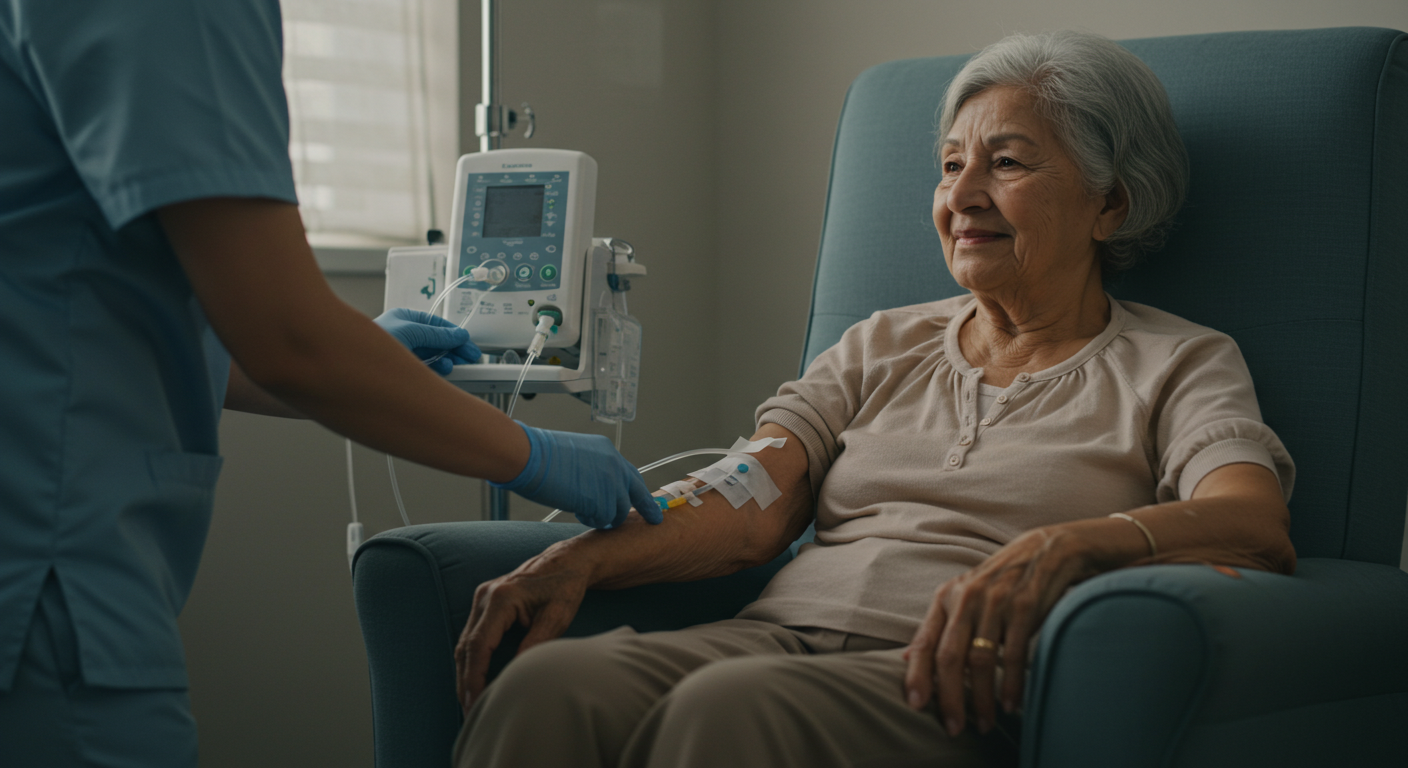Dr. Kumar’s Take:
This review shows that vitamin C may help in cancer treatment in three main ways. First, high doses of vitamin C can make hydrogen peroxide that may kill cancer cells. Second, vitamin C helps key enzymes work that slow tumor growth when oxygen is low. Third, vitamin C supports enzymes that control gene activity so cancer cells can behave more normally. For readers, focus on a diet rich in vitamin C and talk to your doctor about clinical studies of high-dose vitamin C.
Key Takeaways:
✔ High-dose vitamin C may produce hydrogen peroxide that targets cancer cells.
✔ Adequate vitamin C boosts enzymes that slow tumor growth under low oxygen.
✔ Vitamin C supports gene-regulating enzymes that may reverse cancer-related changes.
Actionable tip:
Include vitamin C rich foods like oranges, red peppers, and broccoli in your daily meals and take 200 - 500 mg of vitamin C daily to maintain steady levels. If you have cancer, ask your healthcare provider about ongoing clinical trials for high-dose vitamin C.
Brief Summary:
This review article examined how vitamin C might work against cancer. The authors looked at lab studies, animal experiments, and early human trials. They found that vitamin C can act as a pro-oxidant to create cell-killing hydrogen peroxide, help enzymes turn off tumor survival programs when oxygen is low, and aid gene-controlling enzymes that may fix cancer-related changes. Future studies will test these ideas in more patients.
Study Design:
This was a narrative review that gathered and summarized published research on vitamin C and cancer. The authors grouped studies into three areas: pro-oxidant effects in cell culture, enzyme cofactor roles in animal models, and epigenetic enzyme support in blood cancers and early clinical trials.
Results:
- Pro-oxidant activity: Lab tests show high vitamin C levels generate hydrogen peroxide that can kill cancer cells.
- Hypoxia regulation: Animal studies found that vitamin C reduced tumor growth and lowered activity of hypoxia-inducible factors (HIFs).
- Epigenetic effects: Research in leukemia models showed vitamin C enhances TET enzyme activity, leading to healthier gene regulation and slower disease progression.
How Vitamin C May Help Fight Cancer
Vitamin C is more than a simple antioxidant. At very high levels, it can turn into hydrogen peroxide around cancer cells and cause damage. It also helps iron-based enzymes work to block the signals that tumors use when oxygen is low. Finally, vitamin C is needed by enzymes that remove abnormal chemical markers from genes, which may help restore normal cell behavior. Together, these actions offer multiple paths for vitamin C to support cancer treatment.
Related Studies and Research
Vitamin C Redox and Brain Health: Metabolism and Redox State in the Brain – Explains ascorbate’s antioxidant functions and neurometabolic roles in neuronal health.
Regulation of Collagen Synthesis by Ascorbic Acid – Details the molecular mechanism of vitamin C in collagen stabilization.
High-Dose Intravenous Vitamin C with Chemotherapy in Ovarian Cancer – Provides evidence for IV ascorbate enhancing gemcitabine treatment outcomes.
Pharmacological Ascorbate with Gemcitabine: Phase I Trial – Early-phase study on IV ascorbate dosage, safety, and preliminary efficacy.
Role of Vitamin C in Carnitine Biosynthesis – Describes vitamin C’s essential enzymatic role in carnitine formation for energy metabolism.
Frequently Asked Questions
How quickly can vitamin C impact cancer cells?
In lab tests, high vitamin C levels start to harm cancer cells in hours. Animal studies saw slower tumor growth in days or weeks. Human trials are needed to know real treatment times.
Are there side effects of high-dose vitamin C?
Early studies report it is usually safe, but some people may get upset stomach or risk kidney stones. Always check with a doctor.
Can vitamin C work with regular chemotherapy?
Some trials show vitamin C can boost drugs like gemcitabine without adding major side effects. It may help chemo work better for certain cancers.
Do I need IV vitamin C or is oral enough?
Oral vitamin C gives normal blood levels. IV vitamin C can reach much higher levels needed to make hydrogen peroxide around tumors. Talk to your provider before choosing.
Conclusion
Vitamin C offers several promising ways to help in cancer care, from direct cell-killing effects to support for key enzymes. More clinical trials are under way to confirm its benefit and set safe dosing guidelines. If you are interested in vitamin C therapy, discuss with your healthcare team to find the best approach.


